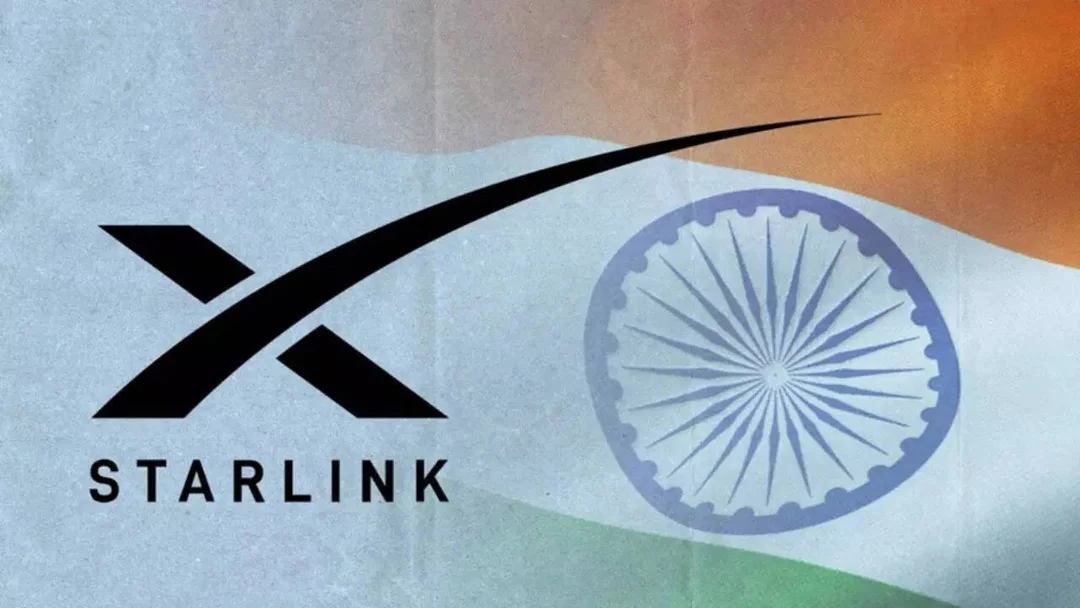
India Gears Up for Satcom Boom: Monitoring Satellites, Protecting National Interests Amidst Starlink Entry
As satellite communication (satcom) services prepare for commercial launch in India, the government is taking proactive steps to safeguard national interests. With global players like Elon Musk’s Starlink, Jeff Bezos’s Amazon Kuiper, and Eutelsat OneWeb poised to dominate the market, India is focusing on bolstering its domestic capabilities and ensuring sovereign control over its satellite infrastructure.
The Indian government plans to establish a satellite monitoring facility with an outlay of over Rs 930 crore. This facility will track both Indian and foreign satellites operating over Indian airspace and monitor satellite-based communication services. The Digital Communications Commission (DCC) has already approved this proposal.

"Apart from monitoring, the facility would be helpful for mitigating interference from adjacent satellites in the Indian sky and there would be better coordination," an official stated.
Currently, India has a limited presence in the low-earth orbit (LEO) satellite communications market, which is gaining traction due to its high-speed, low-latency potential. In comparison, Starlink already has nearly 7,000 satellites in orbit, Amazon Kuiper plans to launch more than 3,000, and Eutelsat OneWeb operates over 600 satellites.
The government is also considering reserving spectrum and orbital slots for upcoming Indian ventures. "There is no India LEO satellite operator as of now, but the situation may change in future and that is why the government does not want Indian entities to be on the backfoot," the official noted.
Additionally, India aims to become a regional hub by enabling frameworks to promote ground stations and gateway infrastructure. These gateways are critical for supporting NGSO satellite constellations and involve complex, capital-intensive installations.
Regarding pricing, analysts predict Starlink may introduce unlimited data plans in India at promotional rates under $10 (approximately Rs 840) per month to aggressively capture market share. The strategy is to price services affordably to encourage adoption.

However, hardware costs might be a barrier, with Starlink’s hardware kits ranging from $250 to $380 globally. Despite the aggressive pricing strategy, Starlink's ambitions may be curtailed by technical constraints. According to IIFL Research, Starlink’s current satellite capacity supports around 4 million subscribers globally. Even with an expanded fleet of 18,000 satellites, Starlink could only serve about 1.5 million users in India by FY2030. This is in contrast to the extensive terrestrial infrastructure already present in India.
According to IN-SPACe, India’s space economy has the potential to reach $44 billion by 2033, increasing its global share from 2% to a projected 8%. The commercial rollout of satcom services is contingent on spectrum allocation by the Department of Telecommunications (DoT).
The new telecom policy aims to streamline the regulatory framework to unlock the potential of the satellite market while ensuring the country's interests and sovereign rights are protected. This includes reserving optimal orbital and spectrum resources for upcoming Indian satellites, especially NGSO.
The government's strategic measures aim to balance the entry of global satcom players with the need to foster domestic capabilities and maintain control over vital infrastructure. What are your thoughts on India's approach to the burgeoning satcom market? Share your opinions in the comments below!